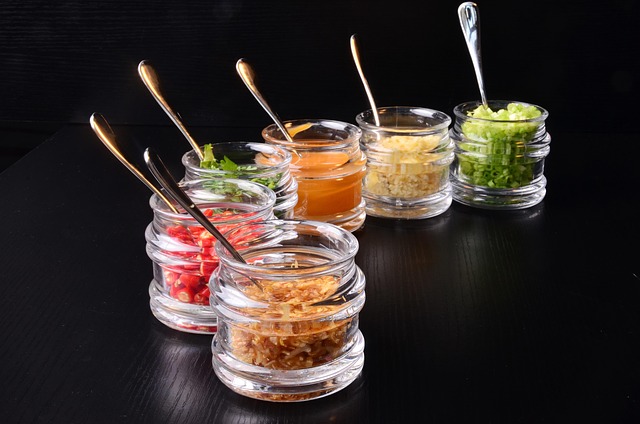
Hot Pot
Understanding Hot Pot
Hot pot is a communal dining experience that has gained popularity across various cultures, particularly in East Asia. Originating from China, this dish involves a simmering pot of broth placed at the center of the table, where diners cook a variety of raw ingredients. The interactive nature of hot pot makes it not just a meal, but a social event that brings people together.
The Basics of Hot Pot
At its core, hot pot consists of a large pot filled with broth, which is heated to a boil. Diners then add an assortment of ingredients to the pot, allowing them to cook to their desired level of doneness. The ingredients typically include:
- Thinly sliced meats: Beef, lamb, and pork are common choices.
- Vegetables: Leafy greens, mushrooms, and root vegetables are popular additions.
- Seafood: Shrimp, fish, and squid can enhance the flavor.
- Starches: Vermicelli noodles, rice, and dumplings are often included.
- Tofu and bean products: These provide a great texture and absorb the broth's flavors.
The variety of ingredients allows for a personalized dining experience, as each person can choose what they want to cook and how long to cook it.
Types of Hot Pot
There are several regional variations of hot pot, each offering unique flavors and cooking styles:
- Chongqing Hot Pot: Known for its spicy and numbing broth, this version often includes Sichuan peppercorns and a variety of spices.
- Beijing Hot Pot: Typically features a lighter broth, often flavored with herbs and served with a variety of dipping sauces.
- Yunnan Hot Pot: This style emphasizes fresh ingredients and often includes wild mushrooms and herbs native to the region.
- Japanese Shabu-Shabu: A lighter version where ingredients are briefly cooked in a clear broth and served with dipping sauces.
The Dining Experience
Hot pot is often enjoyed in a group setting, making it ideal for gatherings, celebrations, or casual dinners. The act of cooking together fosters conversation and connection, as diners share their favorite ingredients and dipping sauces. It is not uncommon for diners to experiment with different combinations, creating a unique flavor profile with each bite.
Choosing a Hot Pot Restaurant
When selecting a hot pot restaurant, consider the following:
- Broth options: Look for restaurants that offer a variety of broths, including spicy, mild, and vegetarian options.
- Ingredient quality: Freshness is key. Choose places known for high-quality meats and vegetables.
- Atmosphere: A comfortable and inviting setting can enhance the overall experience.
- Service: Friendly and attentive staff can make a significant difference in your dining experience.
Hot Pot Etiquette
While enjoying hot pot, there are a few etiquette tips to keep in mind:
- Cook your food thoroughly: Ensure that meats and seafood are fully cooked before consuming.
- Use separate utensils: It’s polite to use designated cooking utensils for raw ingredients and serving utensils for cooked food.
- Share the broth: If dining with others, be mindful of how much broth is left and refill as needed.
Conclusion
Hot pot is more than just a meal; it is a delightful experience that combines cooking, sharing, and enjoying food together. Whether you are a seasoned hot pot enthusiast or trying it for the first time, the variety of flavors and ingredients offers something for everyone. So gather your friends or family, choose your favorite ingredients, and enjoy the warmth of a hot pot meal.

















 Deepsea Challenger
Deepsea Challenger 
 Health
Health  Fitness
Fitness  Lifestyle
Lifestyle  Tech
Tech  Travel
Travel  Food
Food  Education
Education  Parenting
Parenting  Career & Work
Career & Work  Hobbies
Hobbies  Wellness
Wellness  Beauty
Beauty  Cars
Cars  Art
Art  Science
Science  Culture
Culture  Books
Books  Music
Music  Movies
Movies  Gaming
Gaming  Sports
Sports  Nature
Nature  Home & Garden
Home & Garden  Business & Finance
Business & Finance  Relationships
Relationships  Pets
Pets  Shopping
Shopping  Mindset & Inspiration
Mindset & Inspiration  Environment
Environment  Gadgets
Gadgets  Politics
Politics 